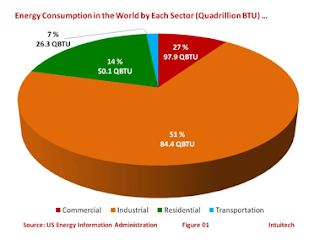Ubuntu
For the last couple of months I have been running a version of Linux on my laptop, called Ubuntu. This is a full desktop system with a vast array of free software that pretty much covers off all your “office” requirements and much more. The whole set up is open source and hence “free” and I believe is a great alternative to Microsoft for NGOs. “Ubuntu” is an African word, meaning “humanity to others and the Ubunutu organization, (to which you can link via the Open Source category to the left).
Ubuntu is a fantastic system and for a novice linux user is a great introduction. The Ubunutu organization provides the software free off charge and in fact you can order CDs free to distribute Ubuntu. They have brought the linux world to the desktop and made it “easy”. And fun. This my friends is the future, today.
My experience with Ubuntu has been overwhelmingly positive. My laptop starts up faster, I have ready access to many useful programs which provide functions like many of the top end proprietary systems like Photoshop and MS Office. My wireless worked flawlessly, printer set up was easy compared to Windows, it doesn’t crash and I have little to fear from viruses and the usual plagues of the net.
I can create documents using Open Office and others can open them in MS Office and that works quite well, though there are some formatting issues which crop up occasionally; but I can make PDFs without any trouble and they work. I can run windows based systems in an emulator and have many multi media choices as well. I find the whole community aspect of open source to be much closer to the hearts of NGOs than the for profit vendors.
I won’t slam Microsoft because they have a fantastic charity program which provides their software , even high end MS server software, to charities for unbelievable price discounts and I applaud them for that. In Canada, you must be a registered charity with Revenue Canada.
http://www.microsoft.com/canada/partner/Licensing/Open/charity/default.aspx For Canada
http://www.microsoft.com/licensing/programs/open/opencharity.mspx#EMB For the US
But enough of Microsoft and back to Ubuntu. Ubuntu also has an education oriented Ubuntu distribution called edubuntu and is designed for schools and universities.
Here’s a quote from their edubuntu web site:
“The Edubuntu community is built on the ideas enshrined in the Edubuntu Manifesto: that software should be available free of charge, that software tools should be usable by people in their local language and despite any disabilities, and that people should have the freedom to customise and alter their software in whatever way they see fit.
These freedoms make Edubuntu fundamentally different from proprietary software: not only are the tools you need available free of charge, you, and thousands of developers around the world, have the right to modify and build upon your software until it works exactly the way you want it to.
Many people around the world exercise this right. And you can expect many improvements with each new release of Edubuntu.”
Ubuntu presents a great opportunity for NGOs to reduce costs in their IT departments. There is a ,ot of free support on the net and many developers that work on Ubunutu and linux contribute to help forums and love the community spirit that open source software represents. There is much help on the net through open forums when problems arise and you can always call on a local developer or on Ubuntu for help for a fee.

Comments